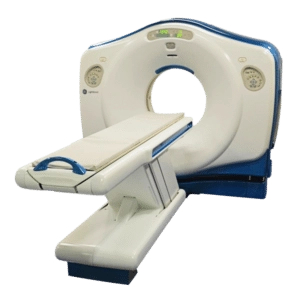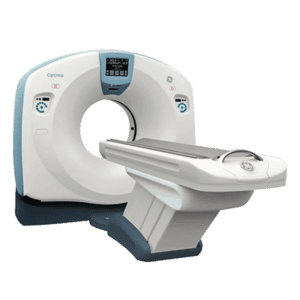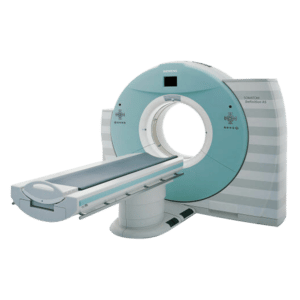Artificial intelligence analysis of routine medical scans could, in the future, be able to predict a person’s risk of death
If you had the opportunity to find out when you’re going to die, would you take it? Better yet, if you could find out when you’re going to die and from what, the prediction could even help you change habits to extend your life beyond the initial prediction. A machine that was able to predict your death within a five year span could give hope and initiate change in at risk patients.
What I’m talking about, of course, is the recent study published in the Scientific Reports in which it is described how artificial intelligence analyses of routine medical scans could, in the future, be able to predict a person’s risk of death.
In the study, a machine-learning algorithm was used to analyze routine chest CT scans from 48 adults over the age of 60. The machine was able to accurately predict the chances of a patient’s death 70% of the time by contrasting data from the scans. These predictions are about as accurate as mortality predictions by a human expert. The way the researchers were able to verify the system’s predictions were by using old data collected from patients who had either survived or died within five years.
When it comes to humans doing the predictions, doctors most use chest scans, because they allow doctors to see major organs and tissues like the lungs, heart, and major blood vessels. The doctors are then able to check for bio-markers like tumors, and measure traits like the quantity of atherosclerotic plague, which is an indicator of dangerous buildup in the arteries. The machine works differently and is able to identify subtle variations among patients to find potentially dangerous abnormalities.
Get Started
Request Pricing Today!
We’re here to help! Simply fill out the form to tell us a bit about your project. We’ll contact you to set up a conversation so we can discuss how we can best meet your needs. Thank you for considering us!
Great support & services
Save time and energy
Peace of mind
Risk reduction
Because of this, the researchers are not sure which factors the system learned to associate with increased chance of mortality. However, the machine could get even better at accurate predictions if presented with a much bigger data set. That is why the researchers are currently conducting a similar study with more than 12,000 participants.
The machine has the ability to save doctors precious time when analyzing data; it would provide risk calculations and analyze more data from routine chest CT scans much faster than humans would be able, that way the doctors wouldn’t have to go through each individual scan.
But as you can imagine, the researchers are most excited about the future possibilities this machine algorithm holds.
The study’s lead author, Luke Oakden-Rayner, said in a press release: “Although for this study only a small sample of patients was used, our research suggests that the computer has learnt to recognize the complex imaging appearances of diseases, something that requires extensive training for human experts. Our research opens new avenues for the application of artificial-intelligence technology in medical image analysis, and could offer new hope for the early detection of serious illness requiring specific medical interventions.”



